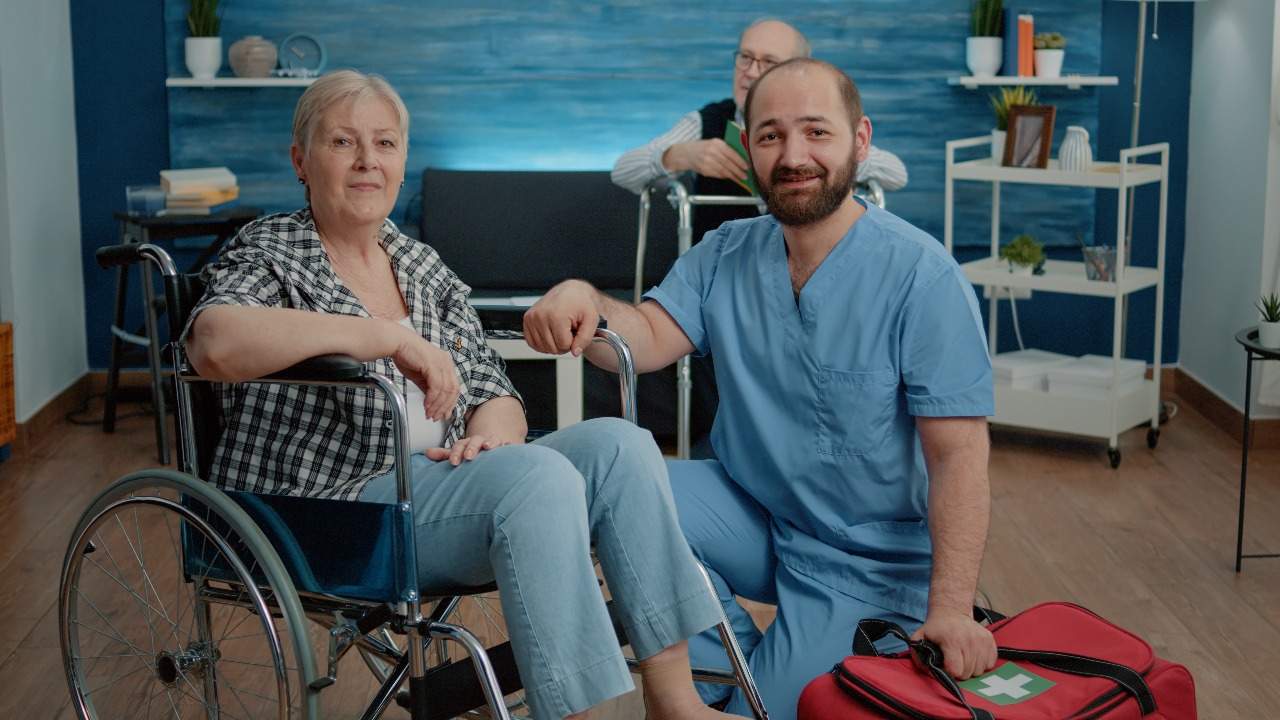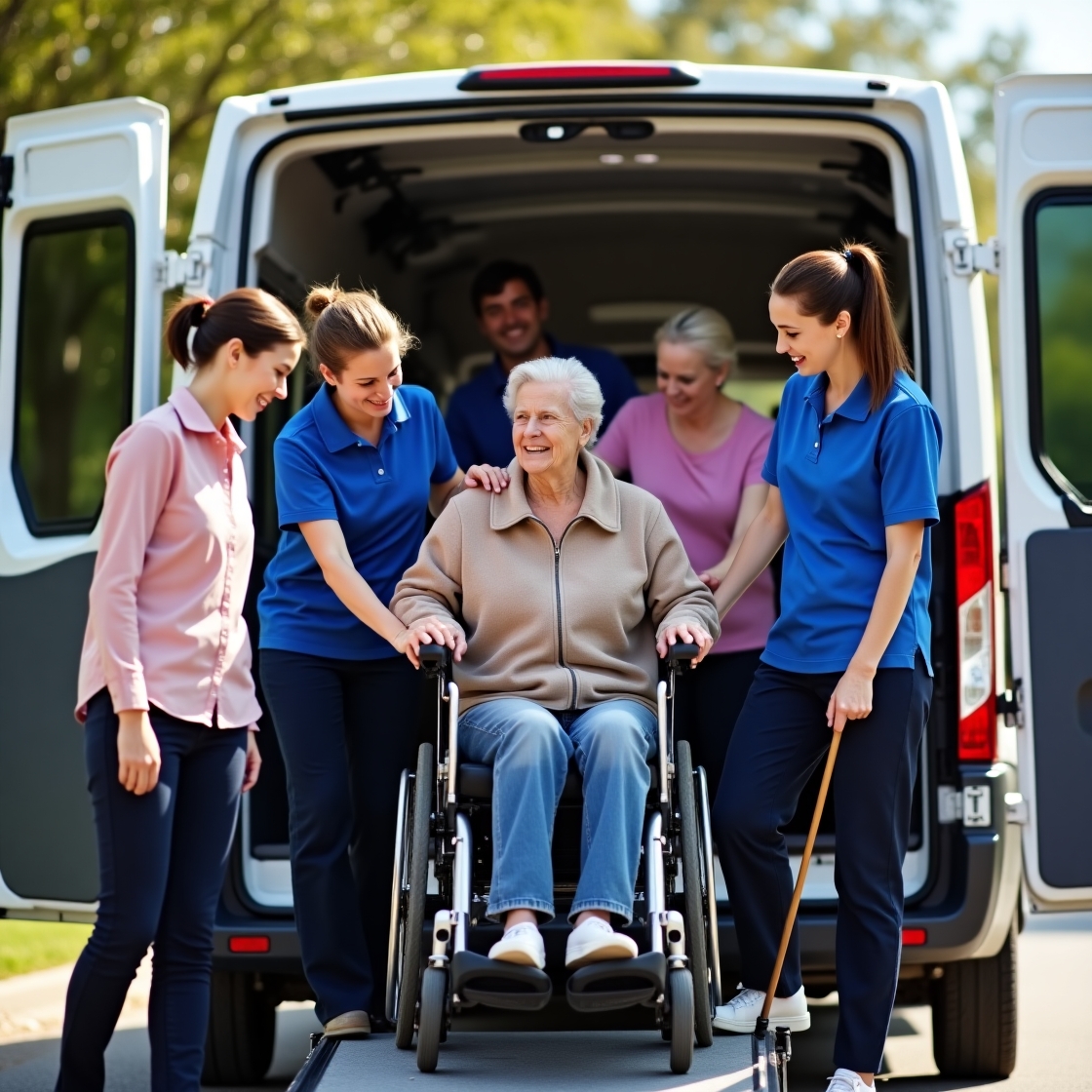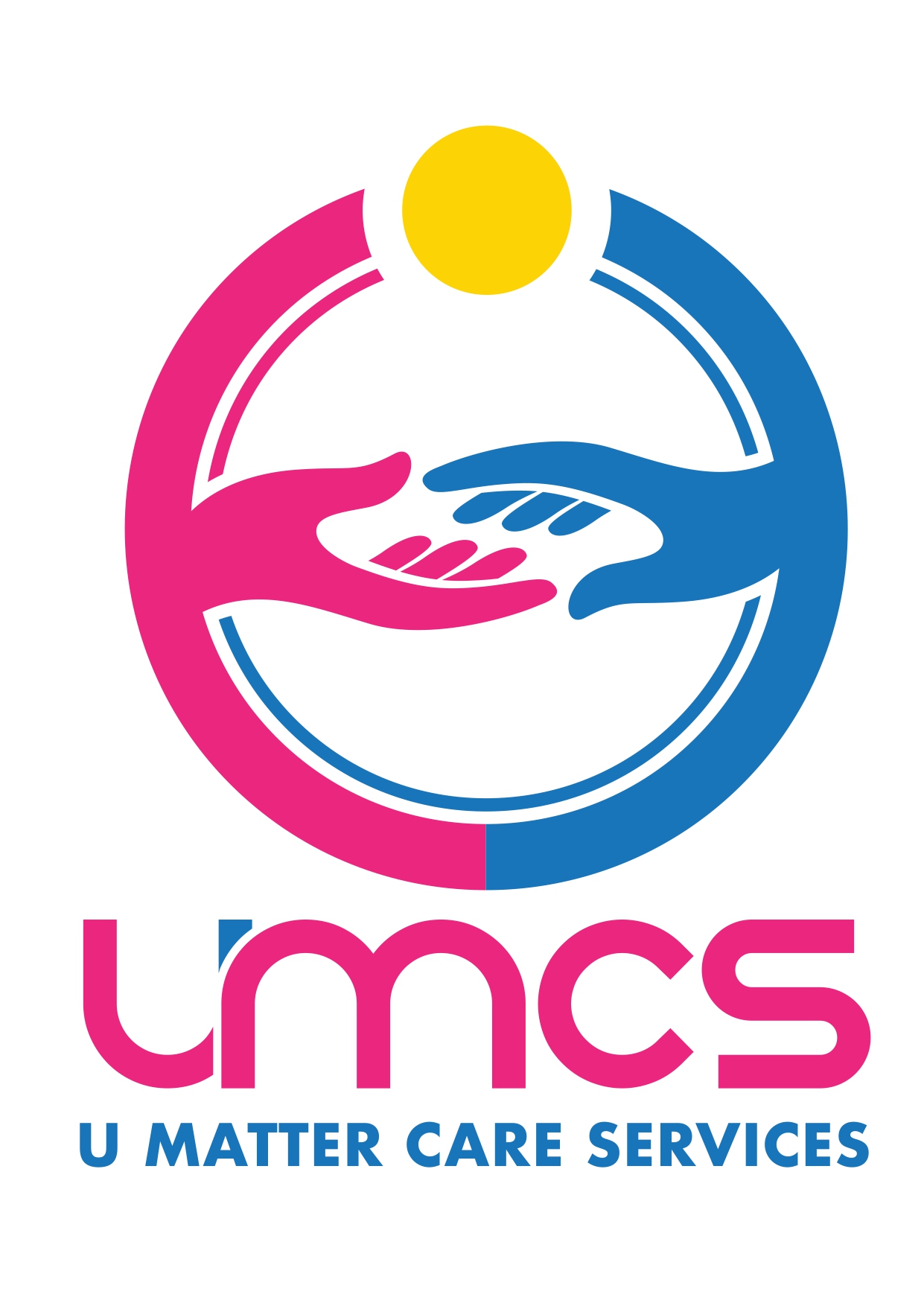Building Social Connections and Friendships Using NDIS Supports
Social connections and meaningful friendships are essential for wellbeing and life satisfaction. The NDIS provides supports tailored to help participants develop, strengthen and maintain these important relationships.

Why Are Social Connections Important?
Engaging socially is much more than attending community events; it's about building genuine relationships, developing confidence, and creating a sense of belonging. Strong social networks improve mental health by reducing loneliness, enhancing emotional resilience, and enabling personal growth.
- Improved mental health: Regular social interaction helps combat loneliness and supports emotional resilience.
- Increased independence and confidence: Trying new activities and making friends empower participants to advocate for themselves.
- Skill development: Every social encounter fosters communication, teamwork, and problem-solving skills.
- Inclusive communities: Social participation breaks down barriers and promotes understanding.

How the NDIS Supports Social Participation
The NDIS offers a variety of supports tailored to individual interests and goals, helping participants connect with others and engage in community life.
- Funding for social and community activities such as classes, groups, or sports.
- Support workers and mentors assisting with attendance, transportation, and building confidence.
- Skill-building workshops on communication, teamwork, or social interaction.
- Transport support to and from community events.

Participants can choose supports that matter most to them, whether joining local clubs, volunteering, or learning creative hobbies.
Practical Ways to Build Social Connections
Participants have many accessible options to build friendships and feel connected:
- Join adaptive sports or fitness clubs with mentor support.
- Participate in creative workshops (art, music, craft) for fun and socializing.
- Volunteer to contribute to your community and meet people.
- Attend disability-friendly festivals, markets, and events.
- Join peer support or community groups for sharing and encouragement.
- Participate in online forums or virtual groups especially when mobility is limited.

Tips for Making Meaningful Connections
- Start small: Begin with comfortable activities and gradually increase involvement.
- Set social goals: Work with your planner or support coordinator to set clear, achievable targets.
- Explore interests: Focus on activities you enjoy – shared hobbies nurture friendships.
- Use your supports: Support workers and mentors can help you participate confidently.
- Be consistent: Regular attendance helps build trust and friendships.
Finding the Right Support
Everyone’s needs are unique. When planning your journey, talk to:
- Your family, carers, or friends
- Your NDIS planner or Local Area Coordinator (LAC)
- Support coordinators or peer mentors
- Community organisations and local providers
With the right support team, you can create a vibrant social life that suits your goals and personality.
